Despite having different views on a number of issues, China and the United Kingdom share a common responsibility to shun group politics and bloc confrontations, and China welcomes genuine discussion based on equality and respect to expand mutual understanding, a senior official of the Communist Party of China said.
Liu Jianchao, minister of the International Department of the CPC Central Committee, made the remarks as he spoke about China's modernization and its relationship with the West during an event hosted by the British think tank Chatham House in London on Wednesday.
The 20th National Congress of the CPC held in October last year laid a blueprint for the rejuvenation of China by means of a Chinese model of modernization, Liu said. He added that high-quality development, reform and opening-up, the rule of law and anti-corruption were the four priorities for the Party in governing the country.
"Achieving modernization for China, a country with more than 1.4 billion people, will have profound global significance," he said, adding that the Global Development Initiative, which was proposed by the Communist Party of China Central Committee General Secretary Xi Jinping, also stresses the need to build united, equal, balanced and inclusive global development partnerships.
In his speech, Liu addressed three common misunderstandings about China in the West — that China may become more inward looking as it talks more about self-reliance; that China might ignore development as it talks more about security; and that China refuses to assume more international responsibility and only focuses on its own interests.
"Let me be clear: For China's domestic circulation to function well, it needs stronger international cooperation, more foreign trade and better use of foreign direct investment," Liu said. "As champions of free trade, there is a shared responsibility for China and the United Kingdom to reject unilateralism, protectionism, decoupling, cutting supply chains and building small yards with high fences."
Regarding the security issue, Liu said: "We believe high-quality development can only be achieved in a highly secure environment. But what we pursue is a balance between security and development, and will never ignore the issue of development.
"As both China and the UK are committed to economic stability and sustainable development, and our industrial structures are highly complementary, we have a responsibility to prevent the practice of over-stretching the concept of national security or using economic and trade issues as a tool or weapon for political manipulation."
In the Q&A session, Liu answered a wide range of questions on China's domestic and foreign policies, with China's stance on the Russia-Ukraine conflict drawing the most attention.
"We do see casualties, we do see people being killed on the battlefield, and it's something that we never like to see," he said. "As a diplomat, I feel sad that this crisis failed to be prevented in the first place."
Liu reiterated China's adherence to the principle of respecting the sovereignty and integrity of other countries, as well as the comprehensive security of all nations.
"China is always on the side of peace," he said, adding that the nation will try to bring about a ceasefire and lead Russia and Ukraine back to the negotiation table.
"But we have to be sophisticated and realistic about the issue. … We should all try our best to stop the possible escalation of the crisis because we believe it could result in a very dangerous scenario," he added.
Other questions were related to the Global Development Initiative, China's further opening up of its market, its role in restoring diplomatic ties between Saudi Arabia and Iran, and China's view on United States-India relations.








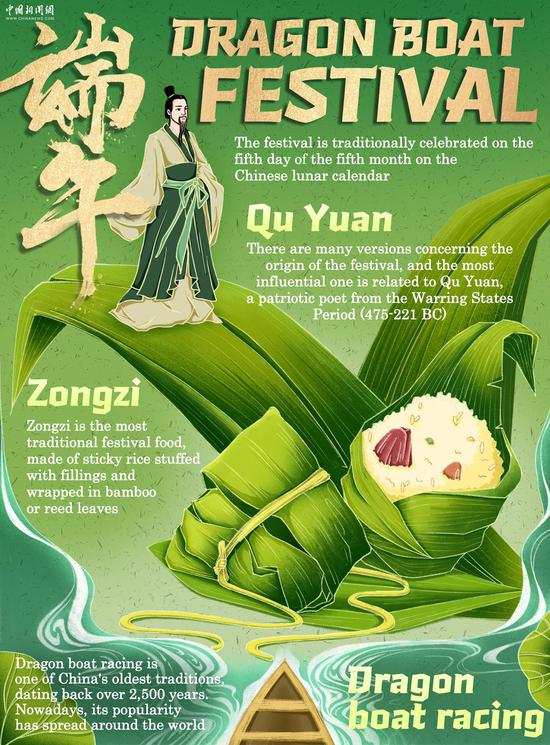
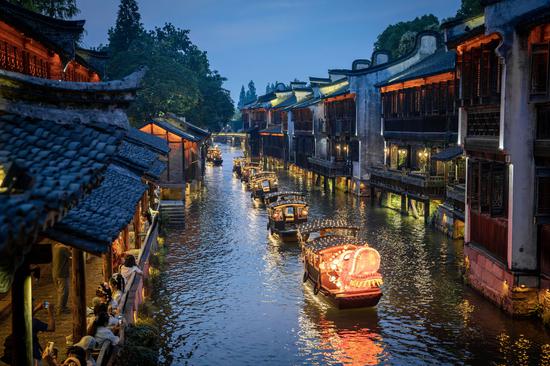
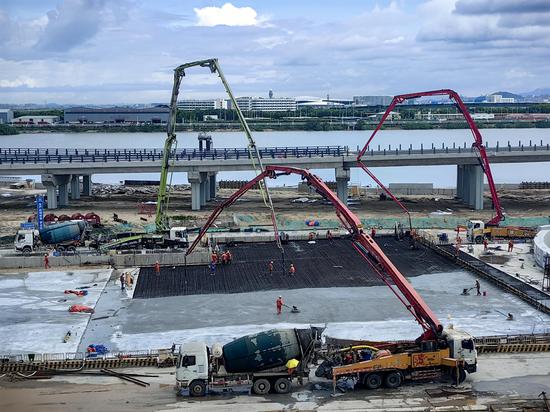

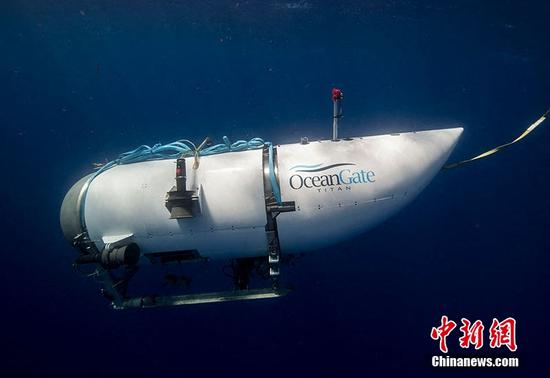
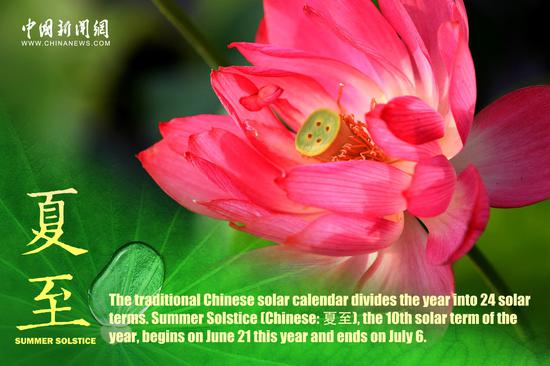

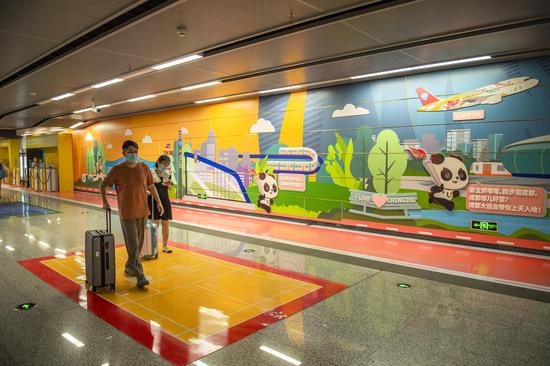
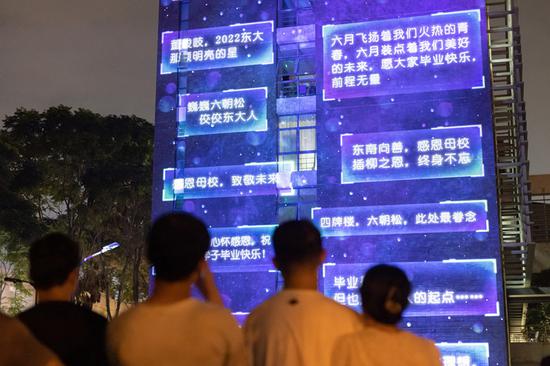
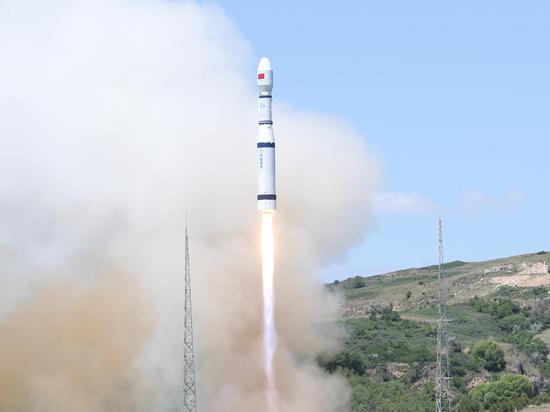
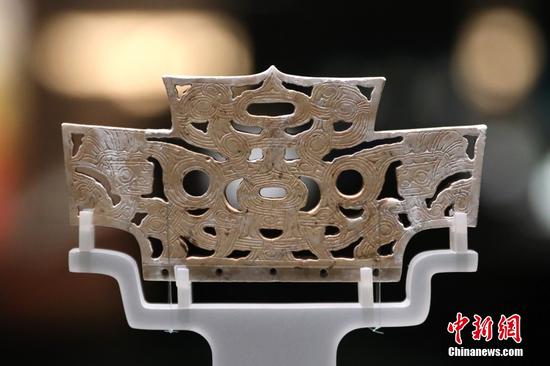



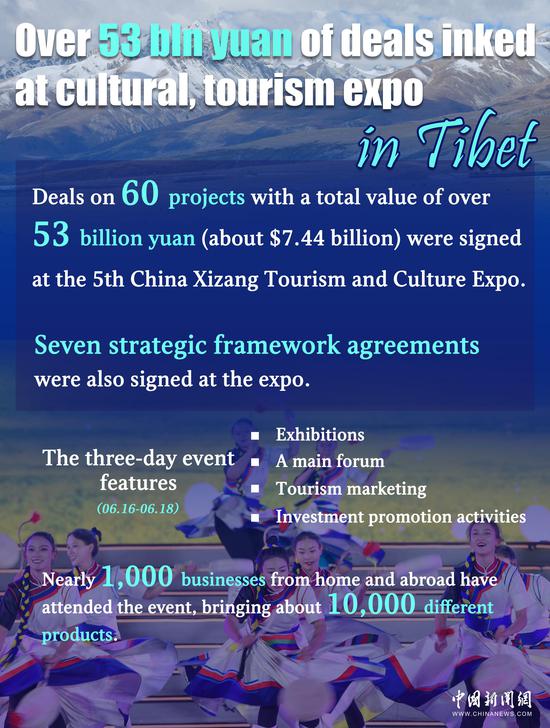
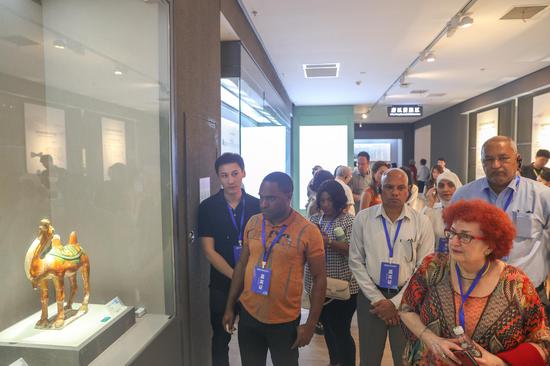
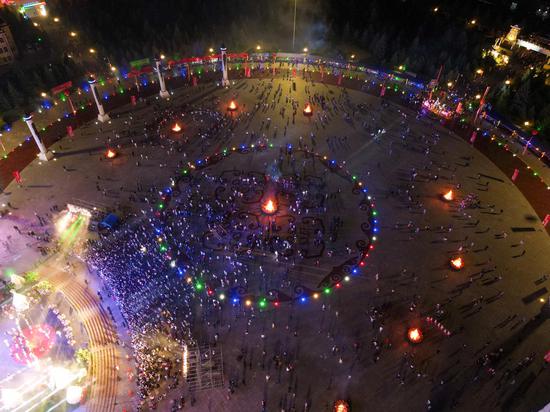



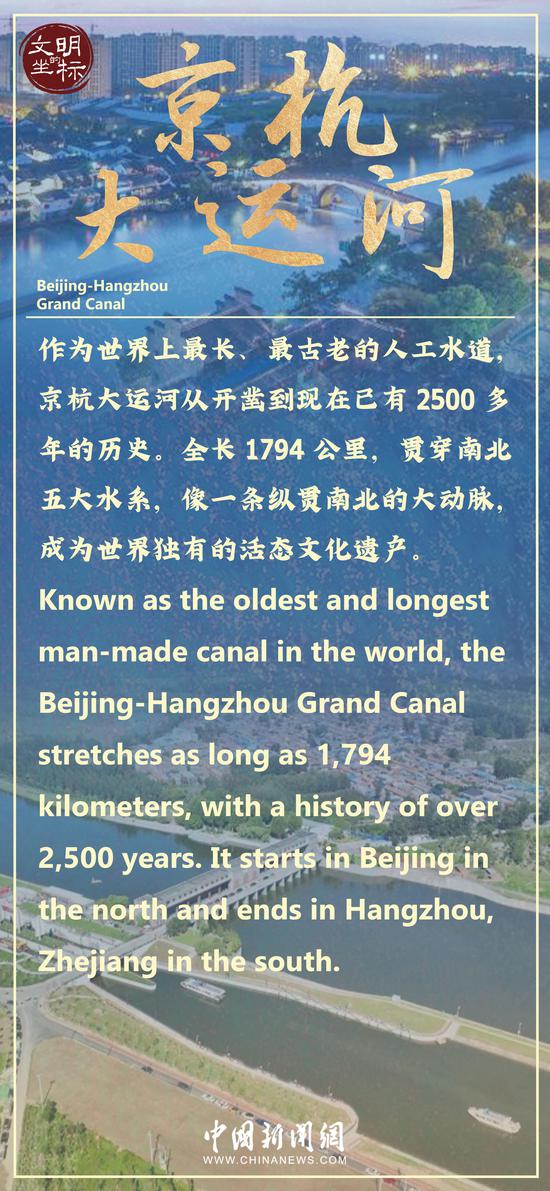
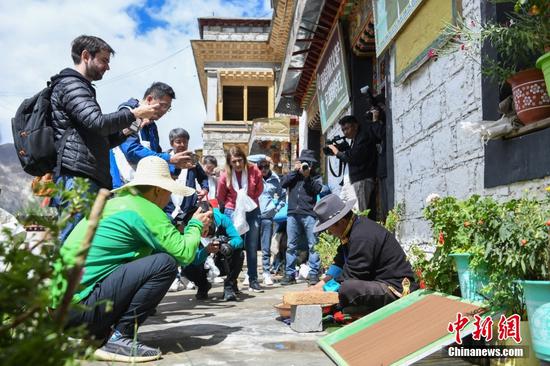
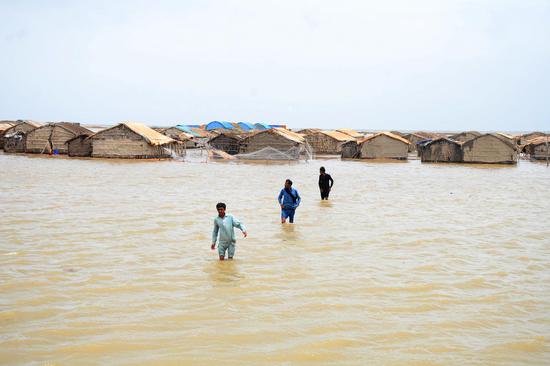


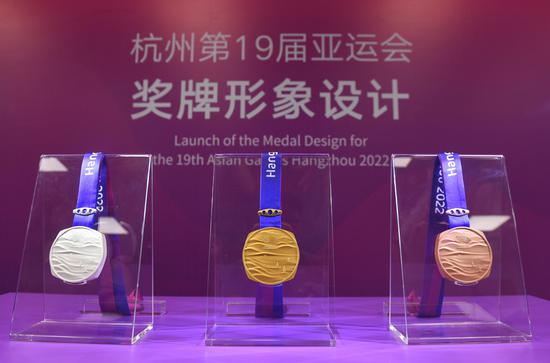
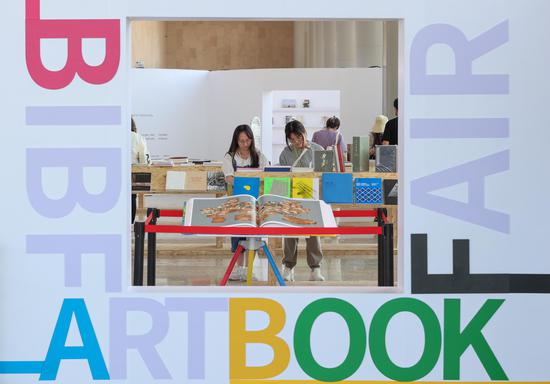

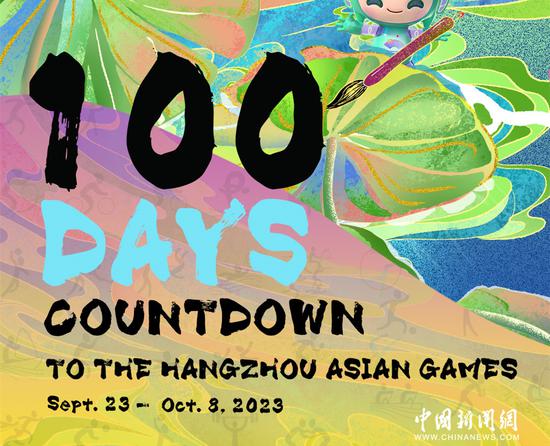
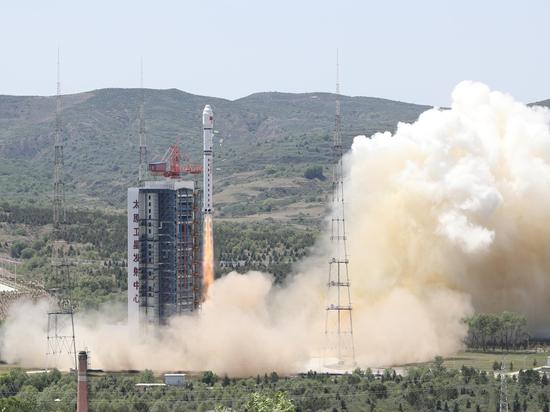
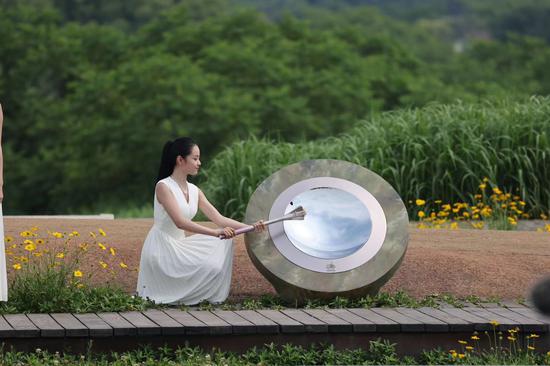

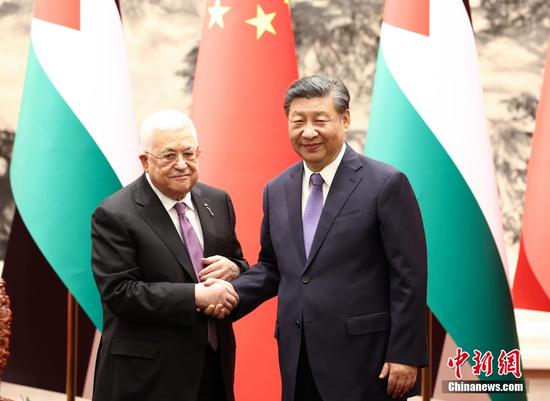
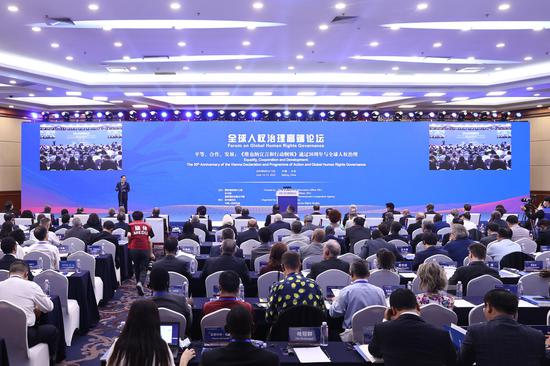
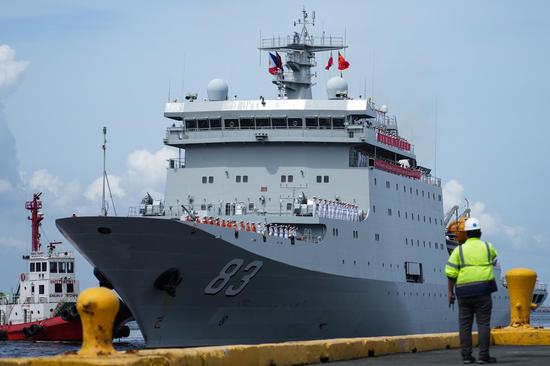
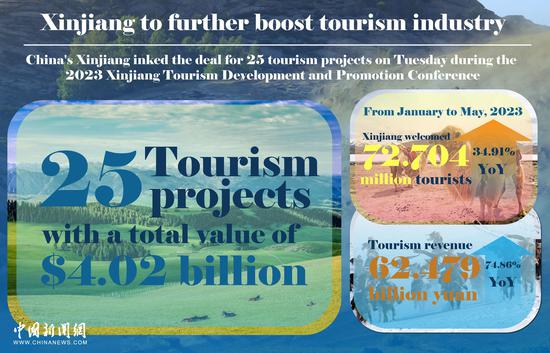
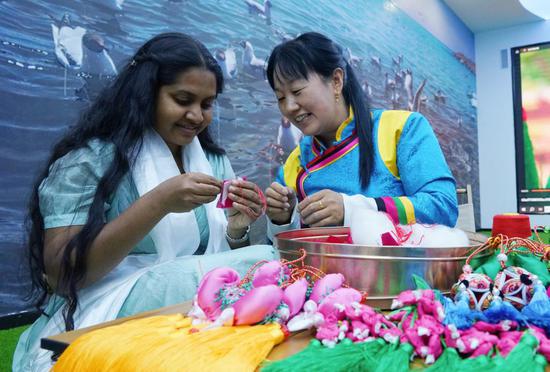





 京公网安备 11010202009201号
京公网安备 11010202009201号